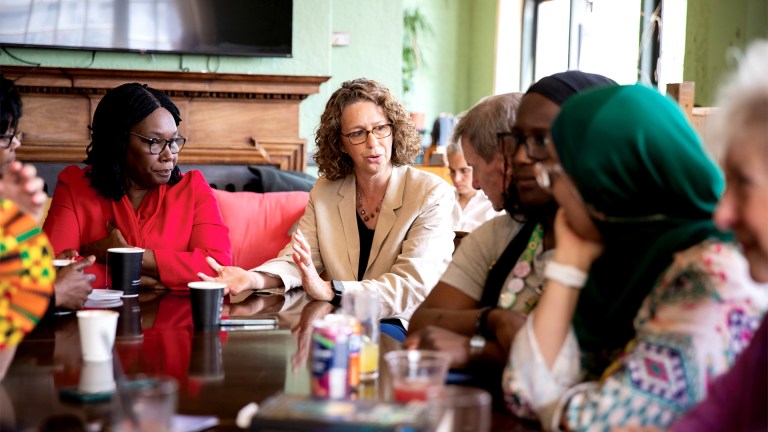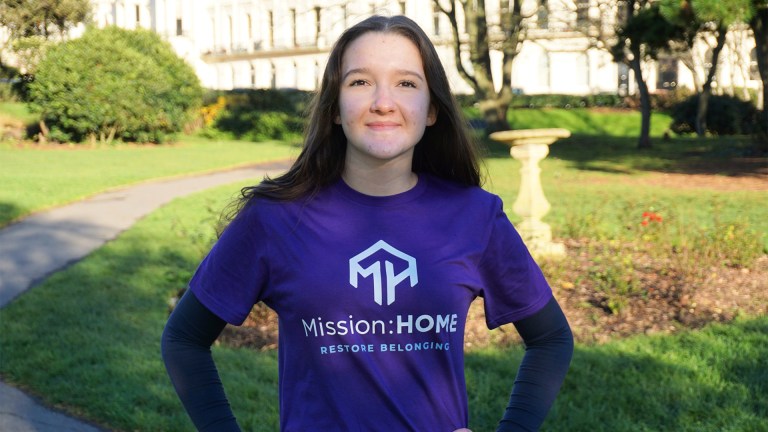If you read the news on any given day there’s going to be a story about homelessness, and unfortunately, many of these stories will be centered around the staggering numbers of homeless people in Britain. Numbers that are continuing to soar. While it’s incredibly important to make the public aware of these issues, issues that The Big Issue fights week in week out in our magazine and on the street, media coverage of homelessness can also work against making real change.
Without the public’s understanding of the complex and wide-ranging reasons people become homeless, coupled with a bombardment of alarming statistics about the number of homeless people on Britain’s streets, media coverage can sometimes work against our mission for change.
For example, homeless charities in Australia last year launched a campaign against local media outlets calling for a shift in the public conversation on homelessness “to focus less on images of people sleeping rough and more on the critical shortage of affordable accommodation”.
Turning individuals into numbers means the public struggles to empathise, and it’s harder to promote change as readers become embattled with compassion fatigue. Personalities are forgotten and figures are ignored. Issues then become conflated, and statistics remain without impact, with stereotypes about homelessness recycled.
When you read behind the numbers, the real stories appear, and that’s how we can work for change.
Earlier this year, research by the Bureau of Investigative Journalism concluded at least 78 homeless people died last winter. To its huge credit, the Bureau’s research extensively looked into the stories of every one of those deaths, and we know that those deaths includes a quantum physicist, a former soldier and a grieving 31-year-old who had lost both his mother and brother. Some died in doorways, some in tents pitched in the snow, some died in shelters and others passed away in hospital after a life on the streets. Many were rough sleepers, others were statutory homeless (recognised as homeless by their local authority) and staying in temporary accommodation.









